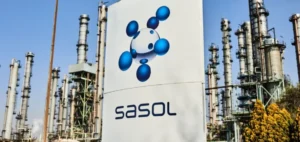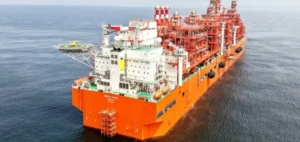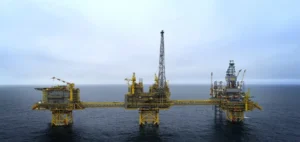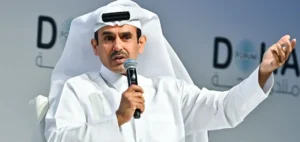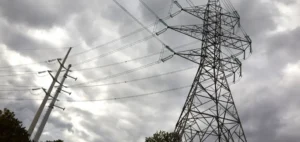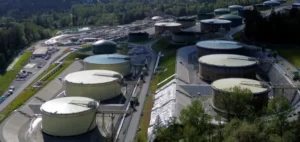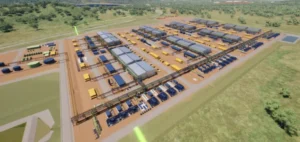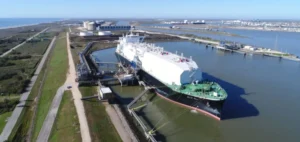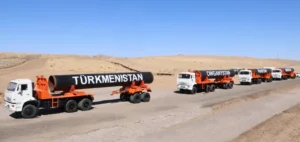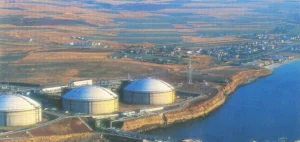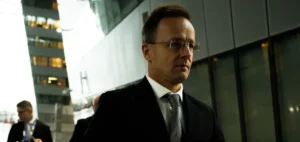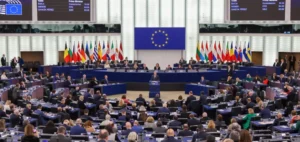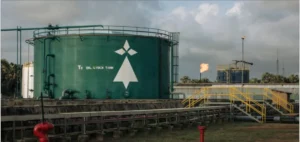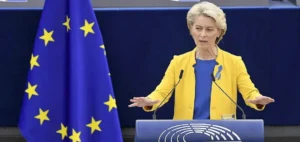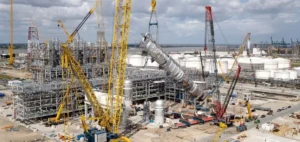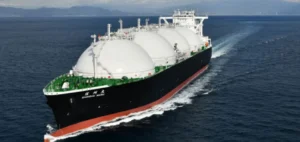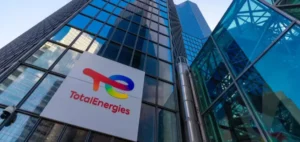The “gas rush” of Western powers in the midst of an energy crisis represents a false promise of development for Africa, say activists and experts at COP27, who see the future in renewable energy.
The Russian invasion of Ukraine has triggered a storm in the energy markets and pushed the countries of the North, particularly Europe, to secure strategic supplies for their economies at all costs.
Europeans are therefore looking to African countries, some of which intend to take advantage of this new race.
Senegal and the Democratic Republic of Congo (DRC), for example, have recently discovered oil and gas resources, raising hopes of wealth. Mozambique is trying to develop a giant liquefied natural gas (LNG) project, which has been delayed for security reasons.
“Europe wants to make Africa its gas station,” laments Mohamed Adow, director of Power Shift Africa, who is concerned about these prospects, as are many African activists at this year’s COP on climate change, which is being held on that continent in the Egyptian city of Sharm el-Sheikh.
“But we don’t need to follow the example of the rich countries that actually caused climate change,” he argues.
For the NGO Climate Action Tracker, the global race for gas represents a “serious threat” to the goals of the Paris Agreement, which aims to limit global warming to well below 2°C and if possible to +1.5°C by the year 2100 compared to the pre-industrial era.
In Africa, projects also put valuable ecosystems at risk, for example in the Congo Basin.
Life or death
But some African leaders do not intend to give up a potential windfall. “We are in favor of a fair and equitable green transition instead of decisions that are detrimental to our development process,” said Macky Sall, President of Senegal, whose reserves are coveted by Germany, which is struggling to wean itself off Russian gas, at the COP27.
“We have 600 million people in Africa who have no access to electricity at all. More than 900 million do not have access to modern energy for cooking or heating,” said Omar Farouk Ibrahim, Secretary General of the African Petroleum Producers Organization (APPO).
A marginal increase in emissions from Africa – which has contributed almost nothing to climate change – “would make a fundamental difference to the life or death of people in Africa,” the Nigerian argues.
“History shows that extraction in African countries has not translated into development” or “access to energy for people,” counters Thuli Makama of Oil Change International.
Green Leader
The Western thirst caused by the war in Ukraine will be “very short term” and African countries that have invested in new capacity will be left with “stranded assets, clean-up costs and all the devastation that comes with this industry,” judges the Eswatini lawyer and activist.
This notion of “stranded” assets refers to products that have lost all value.
Some economists believe that hydrocarbons will be rapidly marginalized by clean energies, leading to their devaluation. A danger pointed out by a Carbon Tracker report published on Monday.
Fossil fuel prices will eventually fall and Western investments will evaporate, the authors write, urging African countries to bet on solar instead.
“To help us tackle the challenge of our energy poverty, we need to tap into the incredible potential in renewable energy that exists in Africa,” Mohamed Adow proposes.
The continent could thus follow a different development path than the West and “skip” the fossil stage, just as it went directly to mobile telephony. Africa can become “a green leader”, says the Kenyan expert and activist.
The room for improvement is immense: Africa has indeed captured only 0.6% of the investment for renewables in the world last year, according to a study by BloombergNEF (BNEF), but it has a huge potential, especially for solar.
According to Carbon Tracker, the continent could jump from 14 gigawatts of solar capacity to more than 400 GW by 2050, with costs continuing to fall.



